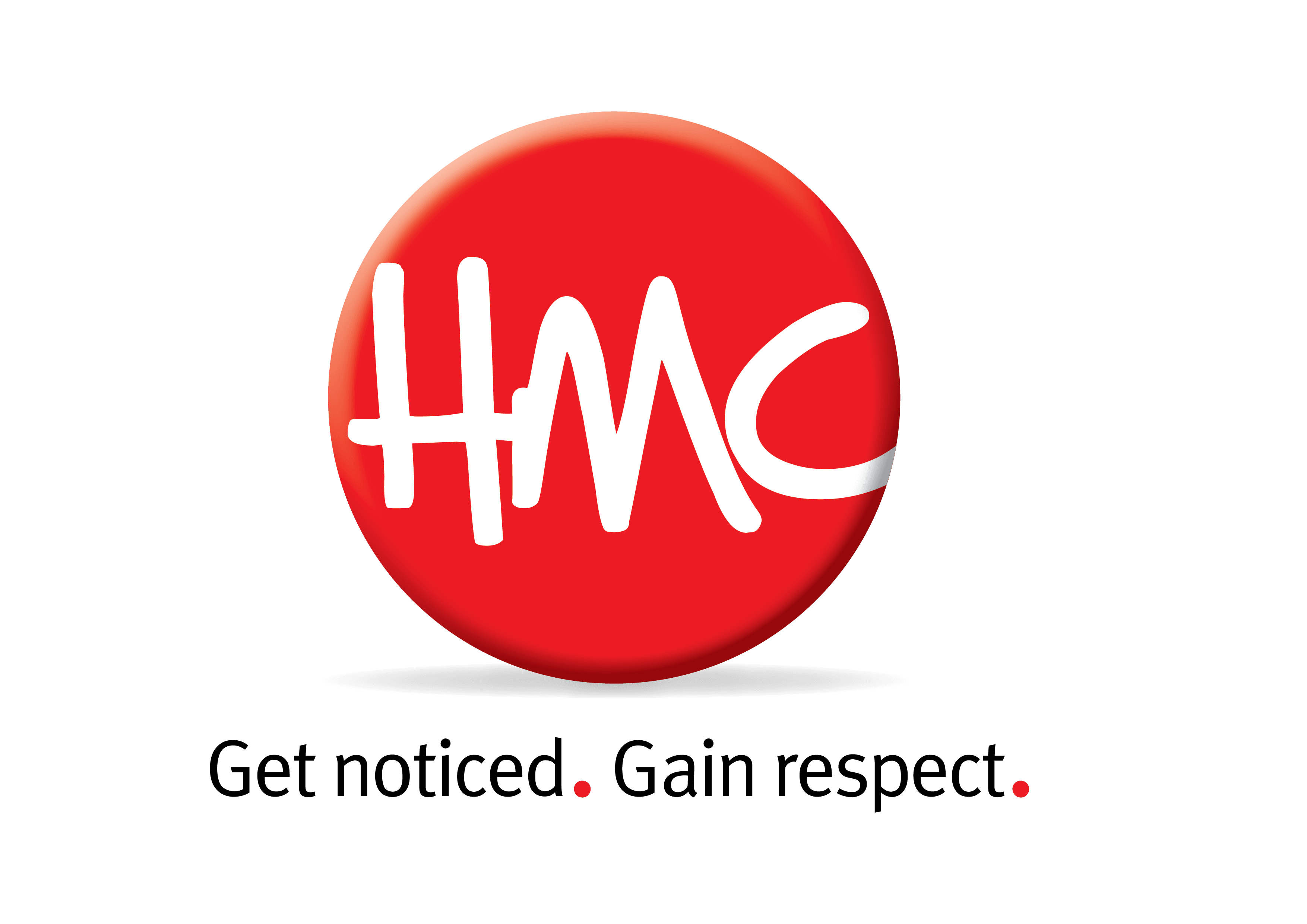Don’t be a Drew and other PR lessons
Some of the top news stories at the end of 2019 – globally and here at home – have provided us with a few great lessons in public relations.
I realise not everyone lives life through a PR lens, so if you’ve missed these, let me bring you up to speed.
The Swarbrick Reverb
I’m naming it the “Swarbrick Reverb.” It’s not just a PR lesson, but perhaps also a new physics theory that’s emerged in the age of social media.
What am I referring to? That would be the two-word, throw-away comment that was spoken in a millisecond by Green MP Chloe Swarbrick in Parliament which quickly sparked news stories across the globe.
If you missed this story, Swarbrick uttered, “Okay, boomer,” under her breath to another older MP who interrupted her speech about climate change. The term was made popular on the internet through social media app, TikTok (if you haven’t heard of it, then maybe you’re the boomer), and used by Millennials as an online eye-roll at older generations who just don’t ‘get’ them.
So, what’s the PR lesson we can learn from Chloe? If you’re speaking in public, every word you say can be a headline. Don’t make the mistake of thinking this is only a concern for public figures. This can happen when you’re making a speech at a conference, for example, or even just giving a talk in front of your staff. Every word ýou speak these days can be recorded on a mobile phone and uploaded to a social media site for all to see, hear, evaluate and criticise in a matter of seconds.
Therefore, choose your words wisely in every public setting. And when you don’t – and even when you do, unfortunately - prepare to deal with the public scrutiny that may follow.
Mob Mentality PR
Did you see the Waikato chapter of the Mongrel Mob has hired a PR manager?
Let me just say this appointment and the media attention it’s garnered is a big blow to the reputation of the PR profession.
For years ethical, best-practice PR professionals have battled the image that our job is about ‘spinning’ a good story, covering up bad corporate practice with distraction tactics, pumping out the good news to try to drown out the bad and proliferating the “don’t let the facts get in the way of a good story” approach. Everyone who’s bought into this misperception of PR must have seen the Mongrel Mob’s new appointment in the news and thought, “No surprises there.”
‘Mob mentality PR’ is what I’m going to call this phenomenon. And the lesson I’d like you to take away is this. You can’t cover up bad organisational practice or values with slick communication. That’s propaganda, not PR.
Good corporate communications serves the public interest, is always accurate and truthful, desires to build authentic relationships with the community, listens more than it talks, is fair and respects others’ opinions.
Don’t Be a Drew
Andrew, Andrew, Andrew. A princely interview it was not.
I’m referring, of course, to Prince Andrew’s BBC interview about his relationship with American financier and convicted sex offender, Jeffrey Epstein.
You could literally watch this interview and stop it every few minutes, using it as an executive media training tool about what not to do.
His greatest mistake is not once acknowledging or showing sympathy toward the many victims of Epstein’s horrendous crimes. Equally as disastrous was how he came across as self-righteous, legalistic, defensive and haughty.
Don’t be a Drew. If you ever find yourself in a situation where you need to front up to the public because you or your company have done something wrong, you can do better.
You need to sympathise with those who’ve been wronged, apologise, show genuine remorse, say you’re sorry and tell the public how you’re going to fix the situation. Then, work really hard to rebuild trust through your actions and words.
On the flip side, if you’re embroiled in a situation where you’re being publicly criticised yet you aren’t willing to admit wrong, that might be one of those rare times when it’s best to say nothing at all. The negative reputational effects might be exacerbated by going public with the wrong attitude versus staying silent and taking it on the chin.

